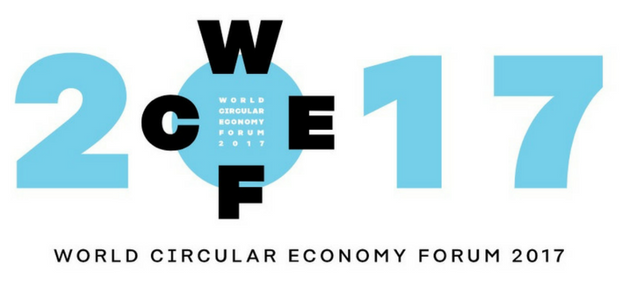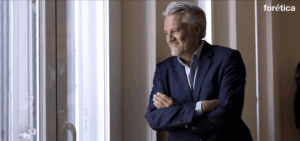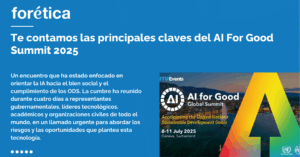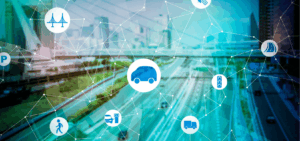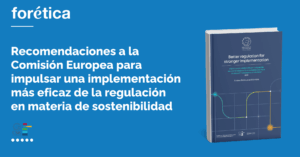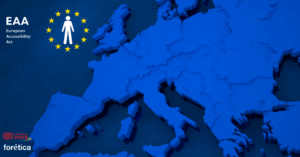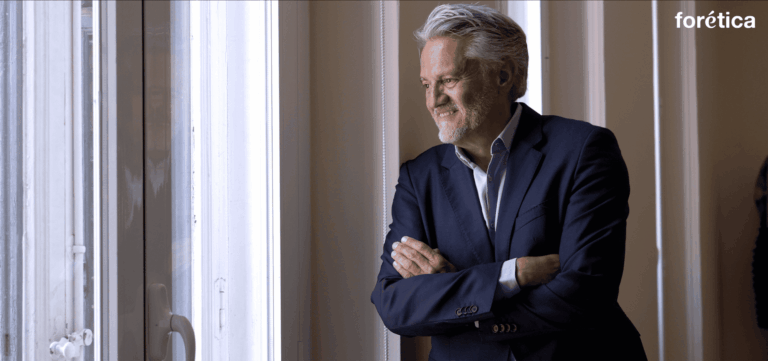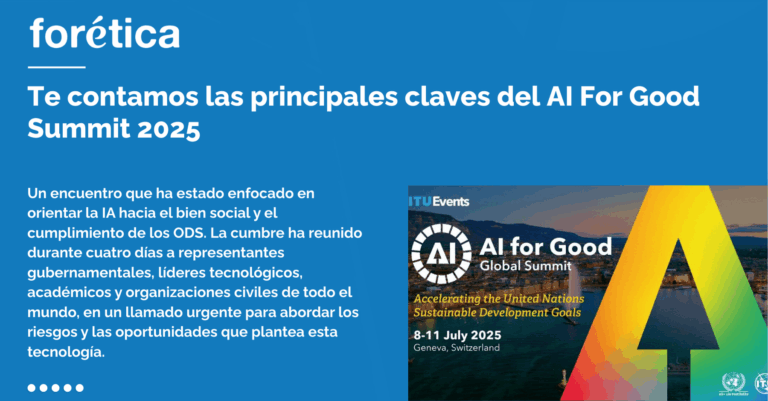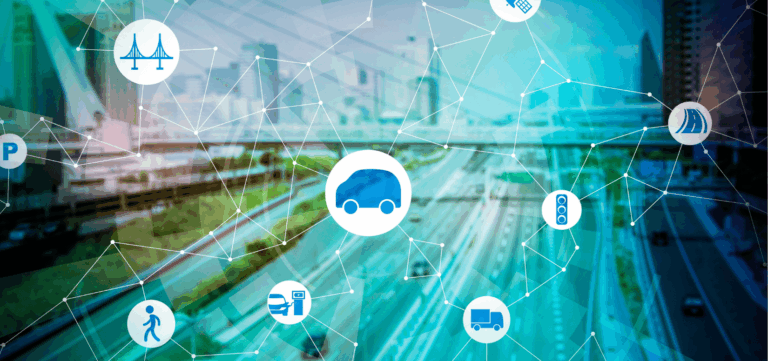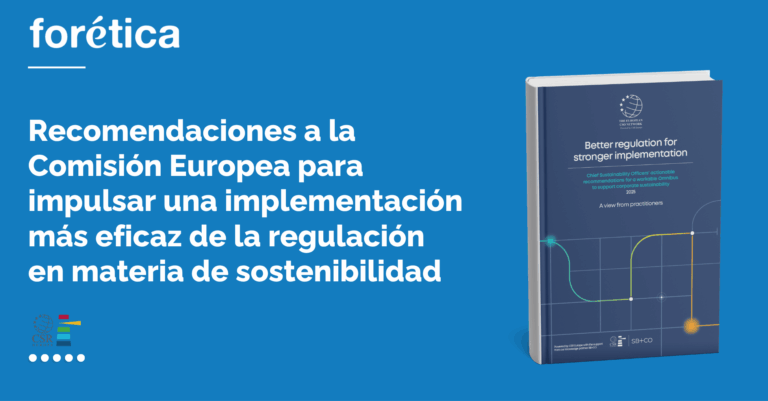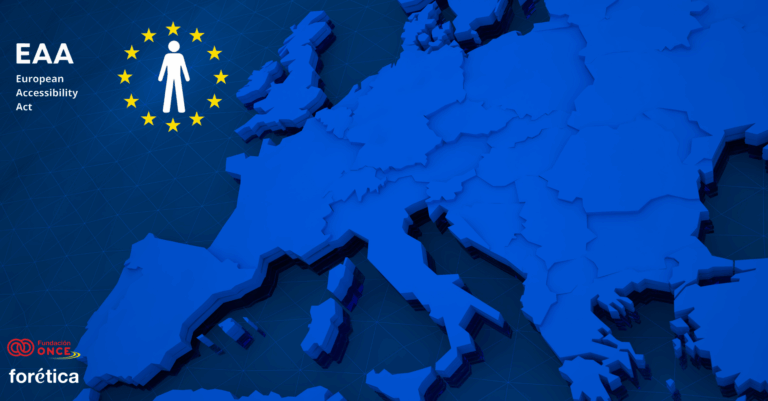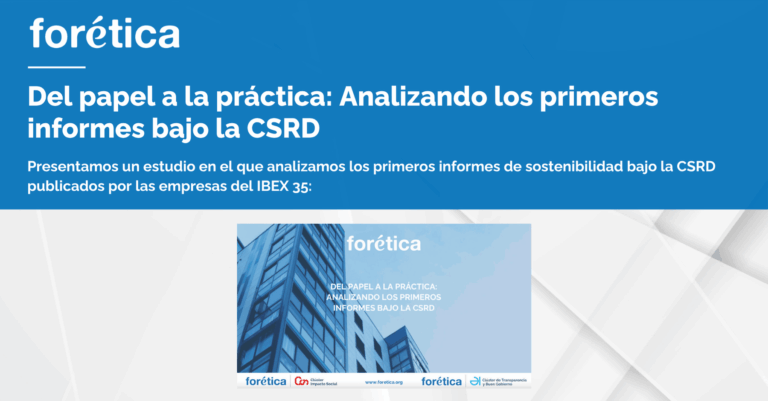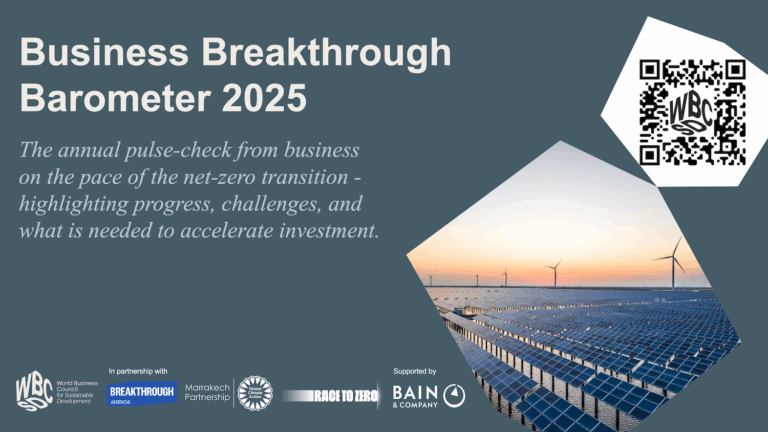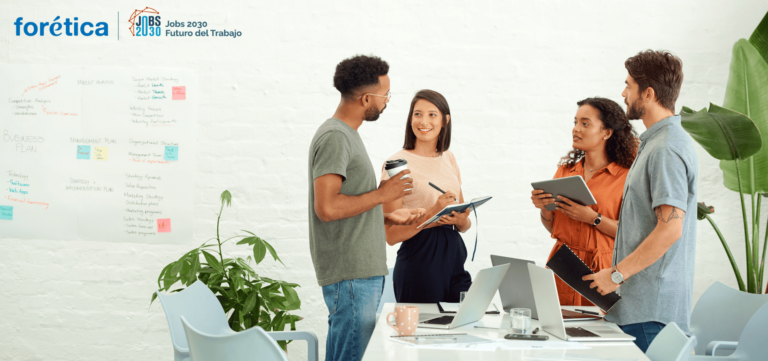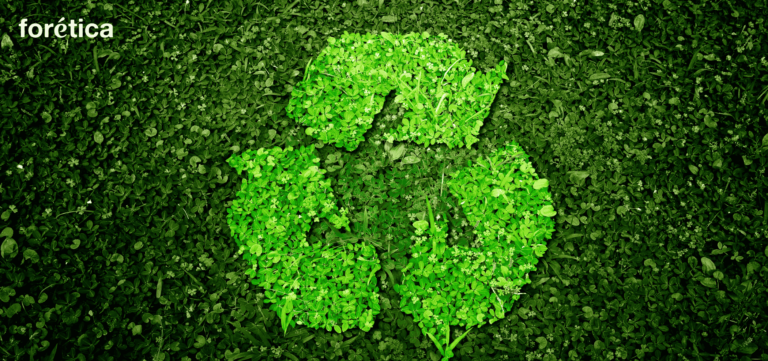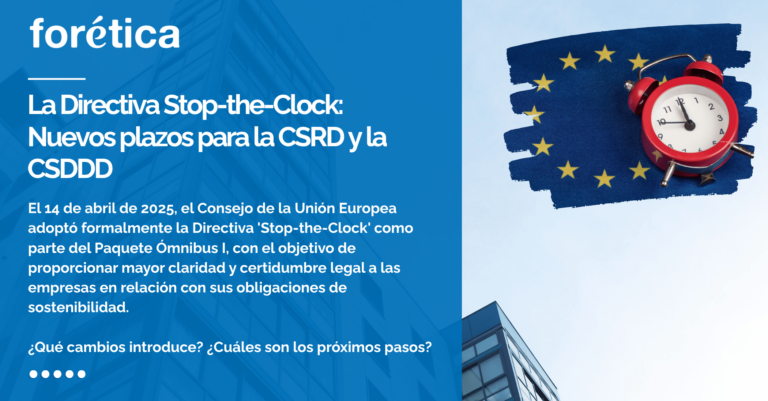Con más de 1.500 asistentes procedentes de 105 países, y bajo el eslogan “Future is made today”, arrancó el primer foro mundial de economía circular (WCEF2017), que tuvo lugar del 5 al 7 de junio en Helsinki, Finlandia. Esta gran respuesta global estuvo a la altura del reto que tenemos por delante.
Según las estimaciones de Naciones Unidas, se espera que en el año 2050 seamos más de 9.000 millones de personas. El escenario aspiracional es que todas estas personas tengan un buen nivel de vida, dentro de los límites planetarios, para lo que se hace imperativo empezar a actuar ya, cerrando el flujo de los materiales y recursos e incrementando la eficiencia en su uso. Para empezar a construir este escenario futuro desde nuestro presente, surge la economía circular, como un nuevo modelo de diseño regenerativo para obtener el máximo valor de los recursos, productos, piezas y materiales, hecho que se considera clave para la consecución de los Objetivos de Desarrollo Sostenible y los compromisos marcados en el Acuerdo de Paris.
Para avanzar en este gran reto, en Helsinki se dieron cita todos los grupos de interés de la transición hacia un modelo de economía circular, transición que parece ya imparable, en la que quedó claro que el sector privado tiene el mayor protagonismo. Por eso Forética no podía faltar a esta cita obligada, en la que fuimos testigos de la movilización del sector privado hacia este nuevo modelo.
Entre los speakers, representantes de empresas que creen, firmemente, que la transición hacia un modelo circular es clave para asegurar la sostenibilidad de sus negocios a futuro, como Philips, Samsung, Accenture, Apple, Dell, H&M, IBM, IKEA, ING, Renault o Tetra Pak Group. Incluso, la compañía de gestión de inversiones más grande del mundo, BlackRock, dejó clara su apuesta por negocios circulares. Y fueron, precisamente estos representantes del sector privado, los que hicieron un llamamiento a la acción a aquellas empresas que todavía no han iniciado dicha transición.
Y como todos los grandes desafíos, son numerosos los retos, pero también inesperadas las oportunidades. La generación de nuevos puestos de trabajo, la reducción de los costes operativos y de consumo de energía, la mejora de la competitividad y el fortalecimiento de las relaciones con clientes y proveedores son algunas de las ventajas que se destacaron.
Según las palabras de Quentin Drewell, director global de economía circular de Accenture “la transición a una economía circular podría aportar hasta 4,5 billones de dólares a la economía global en 2030, dando lugar a un crecimiento del PIB mundial y contribuyendo a aumentar la resiliencia global”.
Pero, ¿por dónde pueden empezar las empresas? Algunas de las claves mencionadas para avanzar fueron las siguientes: contar con cadenas de proveedores circulares, que utilicen fuentes de energía renovables y materiales reciclables; implementar sistemas de recuperación de recursos, que permitan capturar aquellos que sigan siendo útiles, como subproductos o residuos; extender la vida útil de los productos todo lo posible, incluyendo el ecodiseño, la reparación o reventa; conocer las plataformas existentes de intercambio de productos, como MarketPlaceHUB, la plataforma lanzada por el World Business Council for Sustainable Development (WBCSD); y pasar de la venta de productos a ofertarlos como servicios (del producto, al servicio).
Todo esto, combinando estas acciones con tecnologías disruptivas, trabajando en equipo desde las distintas áreas de la empresa, empezando en pequeñas escalas, buscando la colaboración con otros grupos de interés y llevando un seguimiento de las acciones con indicadores diseñados para tal fin.
No es tarea fácil, pero sí posible, sobre todo con la ayuda de las herramientas que están surgiendo desde distintos organismos de referencia. Cabe destacar la Guía de CEO para avanzar hacia una economía circular, firmada por 14 CEO, que fue presentada en Helsinki por el WBCSD, junto con Factor 10, su iniciativa de liderazgo para acompañar al sector privado hacia un modelo circular.
Finalmente, destacar que la organización inglesa BSI ha lanzado, recientemente, la norma BS8001 para ayudar a las empresas a integrar los principios de economía circular en sus actividades del día a día y en sus estrategias a largo plazo.
Y por supuesto, desde Forética, como representante del WBCSD en España, vamos a trabajar por aportar una solución en España al reto que supone el paso de una economía lineal a una economía circular. Para ello, vamos a lanzar una iniciativa empresarial de impacto para poner en valor el compromiso y los esfuerzos que nuestras empresas socias están haciendo en materia de economía circular, así como, traer información relevante y actual sobre esta temática, formar y orientar al sector privado sobre business case y para compartir herramientas para hacerlo de manera más eficiente.
¡Seguimos avanzando, eso sí, de manera circular!

